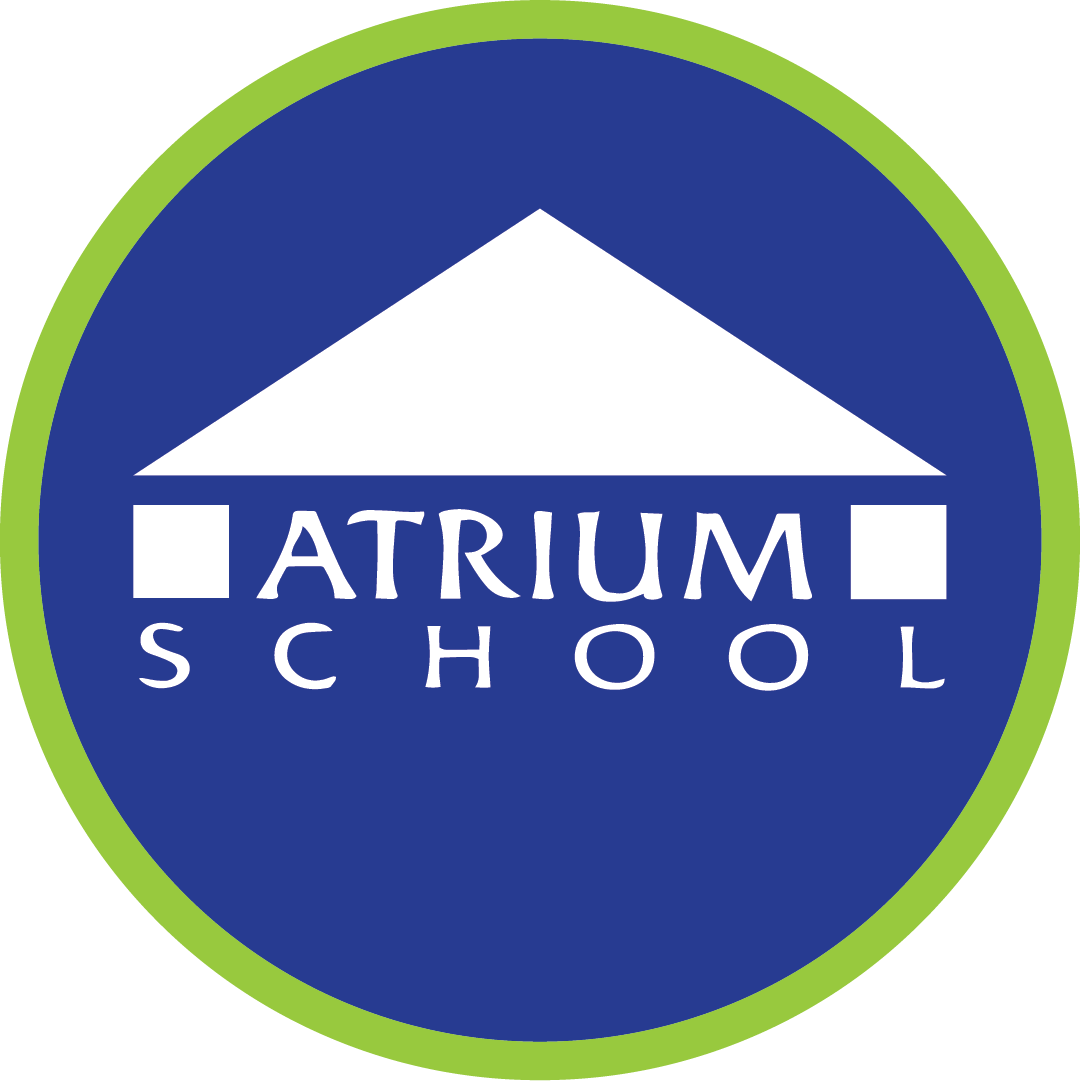I Wish Every Week Could be Cluster Week
By Sophie Rich, Performing Arts Specialist & Atrium Alumna
As a freelance drama educator, director, actress, and all-around-theater-person, I find myself constantly moving from project to project and show to show, meeting new groups of students and bidding farewell to them in turn. I’ve learned how to say goodbye to productions, how to conclude workshops, and how to take a bow on one stage and walk on to the next.
However, there’s something about the journey I took with the Atrium middle school students during their performing arts cluster this past fall that is much harder to pack up and put behind me. As I think about how I want to grow as an educator in 2015, those two short weeks stick out to me as uniquely exciting, enriching, and thought provoking amongst all the teaching I’ve done.
During our time together, the students and I embarked on what is called a ‘process drama,’ in which participants create characters and are guided by a leader through a story or journey. The process drama plays out over multiple days and alternates between drama structures such as improvisation, scene and tableaux planning, and character development. In our process drama, the Atrium 6th and 7th graders created characters who decided to embark on a journey Westward to Oregon to settle the uncharted territory; along the way, we faced everything from rough terrain to personal conflict to wild animals to being kidnapped by Native Americans. And at each step along the way, the group had to work together to make decisions that would get the travelers safely to their destination.
What inspired me about working with the amazing Atrium students was the way in which they entered into the make-believe world of the process drama with commitment, thoughtfulness, and gusto. The complexity in some of the relationships they crafted astounded me. The enthusiasm with which they transformed the tables and chairs of the classroom into their wagons for traveling delighted me. The seriousness with which they debated during our completely improvised campfire meetings compelled me.
At the end of our time together, after we had presented our drama to an audience of their parents and peers, I asked every student to share a ‘golden moment’ from the two weeks – a moment of learning or discovery that they would carry with them from our time together. I expected mention of funny moments that had happened during improvisations and highlights of personal glory from the process drama. Instead, I had students sharing as a group the triumph of getting in front of an audience, citing each others’ accomplishments, and reflecting on moments of teamwork in action.
The Atrium students took hold of the theater tools that I had given them, and applied them within the process drama to learn about concepts that were much bigger than our class and that would serve them beyond our two weeks together: Empathy. Collaboration. Listening to and synthesizing a group’s ideas. Decision-making.
My philosophy as teacher revolves around creative drama’s power to unlock such qualities in young people, and working with the Atrium students was one of the strongest firsthand examples of its efficacy that I’ve had.
If every week were Cluster Week, I’d have it pretty good.

